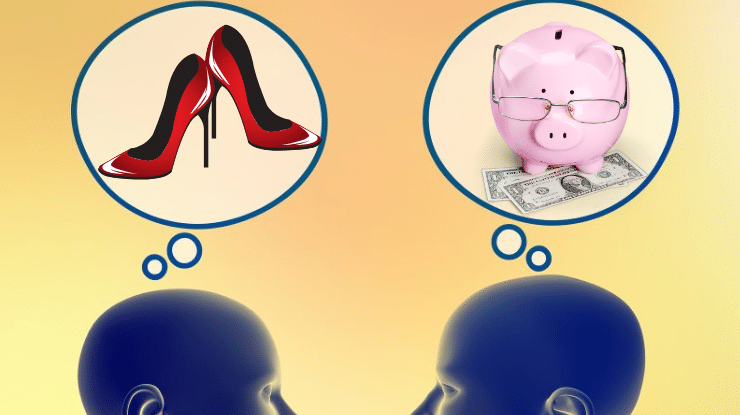There’s a lot of talk these days about money mindset. But few are aware of the brain’s role in their financial success.
In a recent experiment, at the University of South Wales, students were told: “Whatever you do, don’t think about a red apple.” As you’d expect, most couldn’t get that image out of their mind. Which is quite normal.
But what about those who swore they’d successfully eradicated the image from their mind?
Well, according to brain scans, “even those people who are good at suppressing certain thoughts still harbor traces of the thought in [their brain’s] cortex.”











